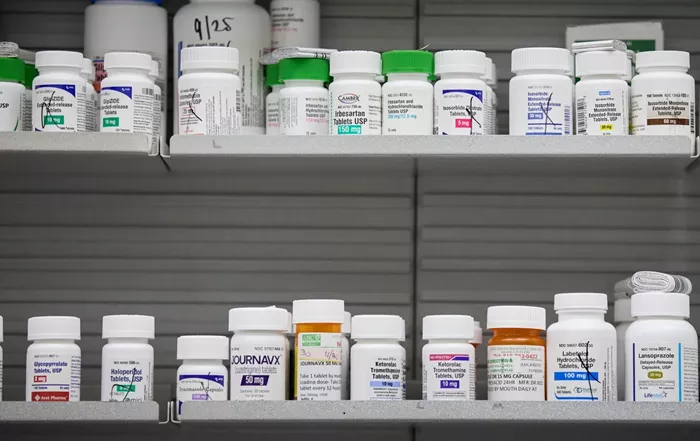President Donald Trump has signed a new Executive Order directing the Department of Health and Human Services (HHS) to negotiate with pharmaceutical companies to lower prescription drug prices.
If no “significant progress” is made within 30 days, the order authorizes further regulatory actions or even the importation of lower-cost drugs from overseas.
Trump called the move “one of the most consequential Executive Orders in our country’s history,” pledging that it would “slash the cost of prescription drugs” and help Americans pay rates similar to those in Europe.
Americans currently pay nearly three times more for brand-name drugs than people in peer nations, largely due to regulatory gaps and market dynamics.
Despite this, Trump blamed foreign countries for taking advantage of U.S. consumers by maintaining low prices abroad.
The Executive Order revives efforts from his previous administration, when a similar measure to reduce certain Medicare drug costs was blocked by the courts.
The new directive appears broader, though the specifics of implementation remain uncertain.
Health experts say the order has potential but warn that its success depends on execution. “The question is, how do they carry out the details?” said Robin Feldman, a professor at UC Law San Francisco.
Lawton Burns of the Wharton School added that while it might slow price increases, actual reductions are unlikely without generic competition.
Industry reaction has been sharply critical. John F. Crowley, CEO of the Biotechnology Innovation Organization, called it a “deeply flawed proposal” that could harm small biotech firms. Stephen J. Ubl of PhRMA argued the plan imports “socialist” pricing that may hurt innovation and patient access.
Drugs covered by public programs like Medicare and Medicaid are most likely to be affected, though experts believe changes could influence the broader private insurance market.
High-cost drugs such as GLP-1 weight-loss treatments may be among those impacted.
While the full effect of the order remains to be seen, the move marks a high-profile attempt to address one of the U.S. healthcare system’s most persistent and controversial challenges.
Related topics:
- Weight Loss Drugs May Cut Obesity-Related Cancer Risk By 41%, Study Finds
- Trump Signs Executive Order To Lower U.S. Drug Prices
- School Dinners May Help Teen Picky Eaters Try More Foods


